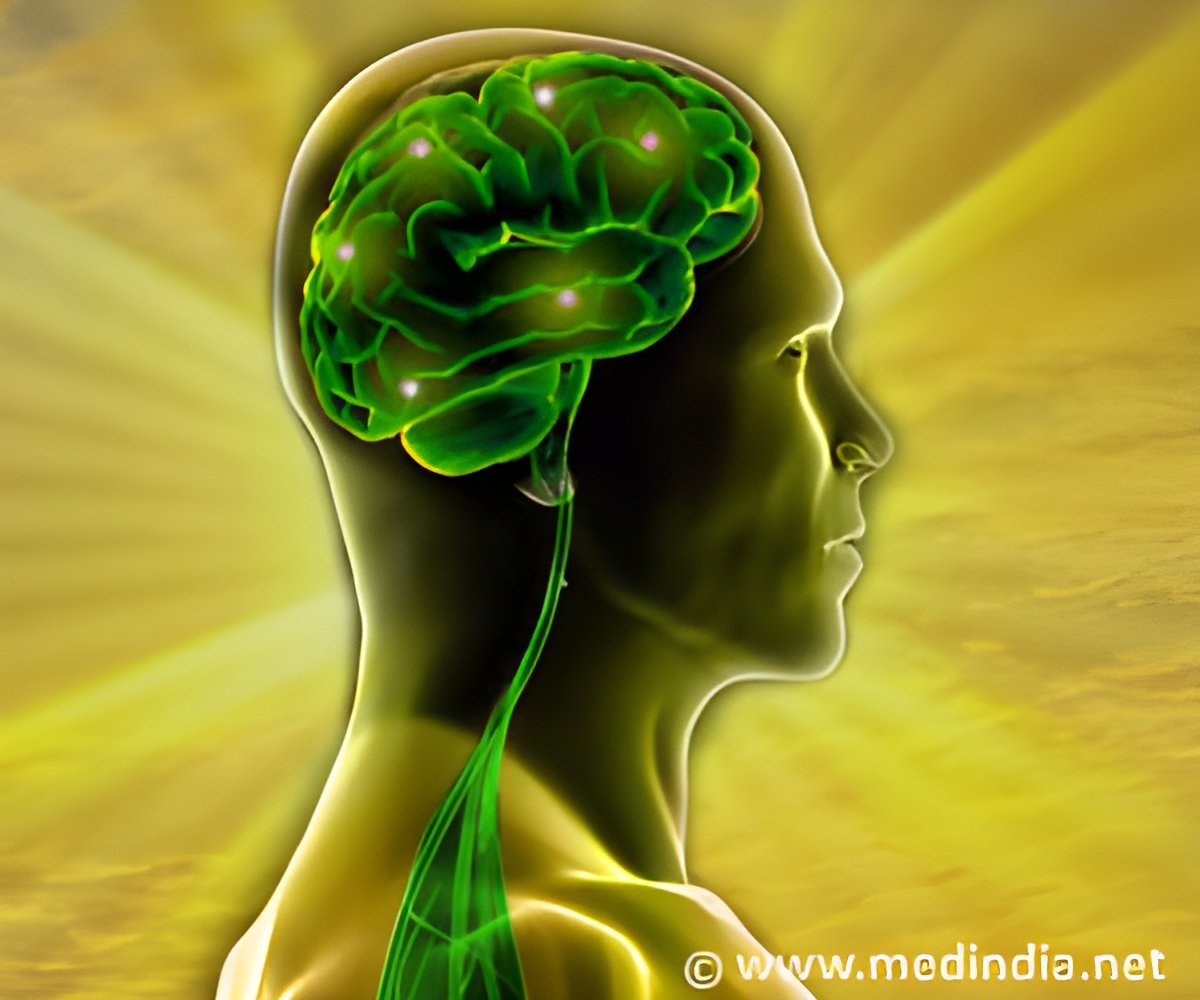Study provides concrete clinical recommendations aiming to orient healthcare professionals wanting to improve their practice.

‘Literature about sexuality in children and adolescents with acquired brain injury has mainly addressed physical issues with positive sexual health needing further development.’





Research addressing the relationship between sexuality and the brain has a long history in neurological and behavioral sciences. This increased awareness has led to a better understanding within the scientific community regarding the importance of sexuality as a health outcome to promote the quality of life of individuals with neurodisabilities. "This thematic issue of NeuroRehabilitation emphasizes that neurosexuality care should be driven by a transdisciplinary approach to appraise the evidence base of the potential negative consequences of different neurodisabilities on sexuality and to build upon sound treatment strategies to address these complexities," explained guest editors Alexander Moreno, PhD, Caron Gan, RN, MScN, RP, AAMFT, and Nathan D. Zasler, MD.
An important contribution to this issue advocates for changing the culture of neurodisability through language and sensitivity of providers in order to create a safe place for lesbian, gay, bisexual, transgender, queer, intersex, asexual, and people with other sexual orientations and forms of gender expression (LGBTQIA+). "The particular needs of LGBTQIA+ individuals living with a neurological disorder are neglected in clinical practice and research. The invisibility of LGBTQIA+ individuals with neurological disorders reflects the historical exclusion of marginalized identities and creates disparities of access to healthcare," explained Alexander Moreno, PhD, Faculty of Human Sciences, Department of Sexology, Université du Québec à Montréal (UQÀM) and the Center for Interdisciplinary Research in Rehabilitation of Greater Montreal, Ari Laoch, MS, Virginia Commonwealth University, and Nathan D. Zasler, MD, Concussion Care Centre of Virginia, Ltd. and Tree of Life Services, Inc. (VA).
The invisibility of LGBTQIA+ individuals with neurological disorders translates into diminished quality of care or inappropriate care, lack of recognition of all family configurations, exclusion of family caregivers, and violations of human rights (e.g., the right to be treated with dignity). Shedding light on the diversity of individuals with neurological disorders has the potential to improve healthcare by helping rehabilitation professionals to be sensitive to the particular needs of LGBTQIA+ individuals. In addition, the results of this study help promote the inclusion of sexual and gender diversity in the curricula of future practitioners and delineate future directions for research. Most importantly, the current study provides concrete clinical recommendations aiming to orient healthcare professionals wanting to improve their practice.
The authors surveyed the literature concerning neurological disorders affecting LGBTQIA+ individuals. They found that the relative neglect of LGBTQIA+ individuals with neurological disorders in clinical practice and research is striking. Healthcare professionals working with individuals with neurological disorders have the responsibility to create safer spaces in their clinical practice, including the use of inclusive language, the modification of admission forms to reflect diverse realities, the inclusion of sexual orientation and gender identity in their institutional policies, and participate in continuing education to challenge misconceptions, stereotypes, and negative attitudes. The authors provide 20 recommendations to guide clinicians, researchers, and policy professionals about the care of the LGBTQIA+ community.
Moreno, Laoch, and Zasler emphasized that "being part of a positive change in the rehabilitation of LGBTQIA+ people with neurodisabilities is part of our obligation as healthcare providers who are self-reflective, critical, and willing to improve the quality of the services provided in an ethical framework."
Additional contributions to the issue cover a variety of important topics.
Sexual health after pediatric acquired brain injury (ABI)
The authors reviewed over 2000 studies and found that literature about sexuality in children and adolescents with ABI has mainly addressed physical issues (e.g., precocious puberty), with positive sexual health needing further development in topics such as body image, sexual orientation, and social competence including flirting, dating, and romance.
Sexual health after traumatic brain injury (TBI) in younger and older adults
Sexual problems were more likely for older (average mid-40s) patients with TBI than for younger (average 30s) patients. Older patients showed lower sexual desire and suffered more from anxiety and depression. Younger patients did not exhibit these symptoms to the same degree, suggesting that clinicians should be aware of age differences when treating their patients.
Stroke and sexual functioning
A literature review of post-stroke sexual functioning describes how various dysfunctions are related to stroke location, laterality, and physical and psychological changes. Three programs are presented to address post-stroke rehabilitation.
Multiple sclerosis (MS) and sexual dysfunction
For patients with MS, assessment and treatment of sexual dysfunctions are described, including sexual assessment tools especially for MS. The authors also explore related topics including relationships, fertility, pregnancy, and parenting issues. They emphasize that, like other neurological disorders, there is a need for more collaboration among providers in addressing sexual concerns in MS.
How perceptions of sexuality in individuals with amyotrophic lateral sclerosis (ALS) can affect care
Surveys of both patients with ALS, also known as Lou Gehrig's disease, and ALS care providers revealed uncomfortable feelings when the subject of sexuality was raised. The authors call for more education among ALS specialists in sexuality and a policy change that guarantees the inclusion of sexuality in their guidelines.
Sexual concerns after spinal cord injury (SCI)
SCI can impact sexual response, male infertility and its treatments, as well as pregnancy issues. The authors emphasize the importance of providing education and specific sexual recommendations based on the individual's remaining sexual potential, and to include their partners, when available. They also present basic and advanced treatments for sexual dysfunctions and discuss other challenges in the management of sexual dysfunction of individuals with SCI.
Studying intimacy and sexuality in clients with dementia
Obtaining consent to study individuals with cognitive impairment is a controversial topic. In the environment of a residential care facility, the authors propose a multi-step approach involving authorized representatives (e.g., family caregivers), professional caregivers working in the facility, a pre-consent phase, a consent presentation phase, and a final consent before data collection. Their reflections and suggestions illuminate the ethical challenges involved in the study of sexuality and intimacy in individuals with severe cognitive impairment.
In summary, the guest editors write, "We hope that this thematic issue provides an impetus for rehabilitation and other health professionals, students in the health sciences, and researchers to develop their competence and awareness of the importance of sexual neurorehabilitation in persons with neurodisabilities."
Source-Eurekalert









